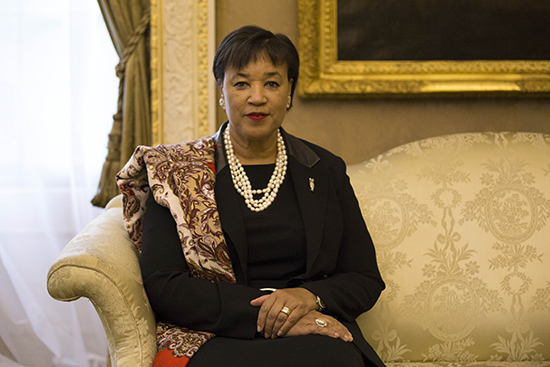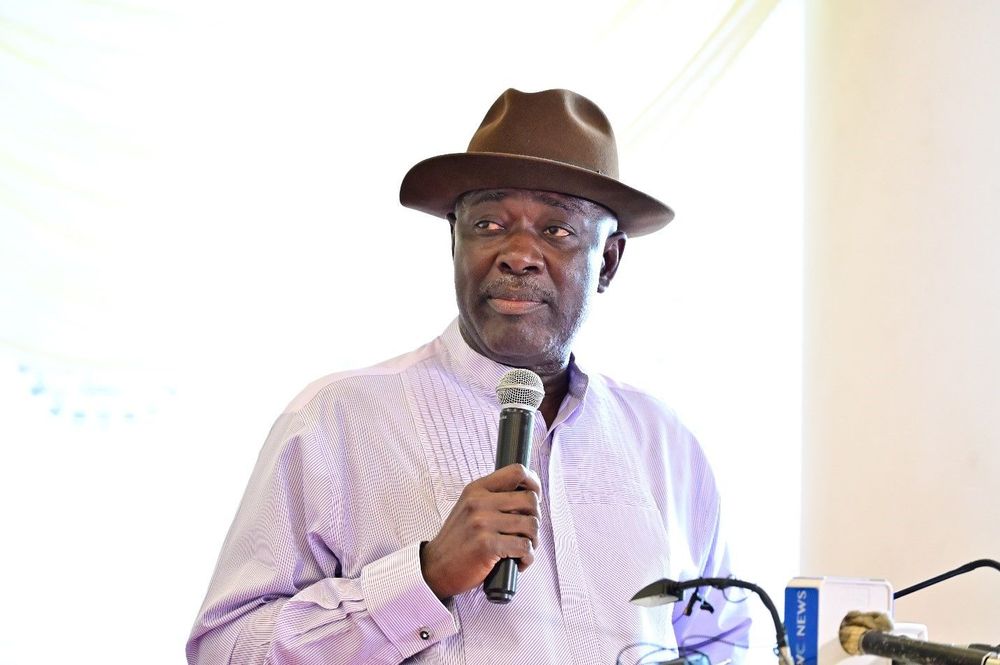Patricia Scotland was born in Dominica in 1955 as the 10th child in a family of 12, and raised in Walthamstow, east London, where she attended state schools. From that modest background, she became the first black female QC (at just 35, the youngest person to take the silk since William Pitt the Younger), before being elevated to the House of Lords in the New Labour years for a political career that included a cabinet post as attorney general.
Her childhood in the England of that era combined the warm, nurturing environment of her family home with the harsh realities of overt racism outside it. At school, she was often overlooked in favour of white children. She once told a Daily Telegraph journalist, “You can either let it crush you, or you can move on.”
Ignoring a careers advisor who told her to get a job in a supermarket, and a lecturer who warned her against studying for a law degree as a black woman, Scotland was admitted to the bar in 1977. Since then, her achievements have surpassed those of perhaps any other Caribbean-born woman in her adopted country. Her list of roles within the British establishment is historic and unprecedented.
Two years after entering the House of Lords, the now Baroness Scotland became Britain’s first black female government minister. Then in 2007 she was given one of the most significant positions within Britain’s political system: attorney general. She was the first woman to hold the office since it was created seven centuries years ago.

Now she is the first woman to become secretary general of the Commonwealth with a brief to drive forward development, economic success and democracy in 52 countries.

“My father was the most fantastic feminist you ever met in your life, and I didn’t realise he was unusual. He was born in 1912, and he believed that a woman could do anything a man could do, she said in an interview.
“He had five daughters and seven sons, and when he was teasing my mother, he would say, ‘You keep your sons, give me my girls, and my girls can do anything your boys can do, only better.’

“So he encouraged us, and my mother encouraged us, to see ourselves as people as opposed to boys or girls or men or women, and told us that as people we could achieve anything if we worked hard and identified our talents. They used to say every one of us is given a talent by God: our job is to go out and find that talent, hone it, and use it for the benefit of other people.
“And that’s what I grew up with, a very strong Christian family. My father was a Methodist, and my mother was a devout Catholic. And what they did between them was demonstrate to us that you should concentrate on what joins you, not what separates you. Just because you have a different face or different colour, it doesn’t mean you cannot live together in harmony. So I grew up looking for what joins me to others.”





































Leave a comment